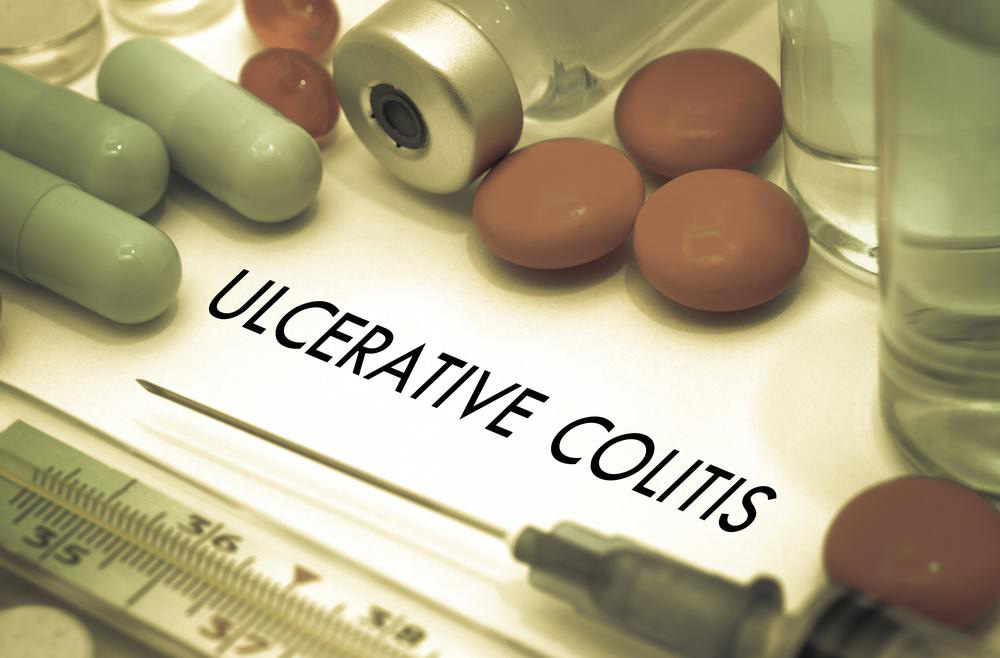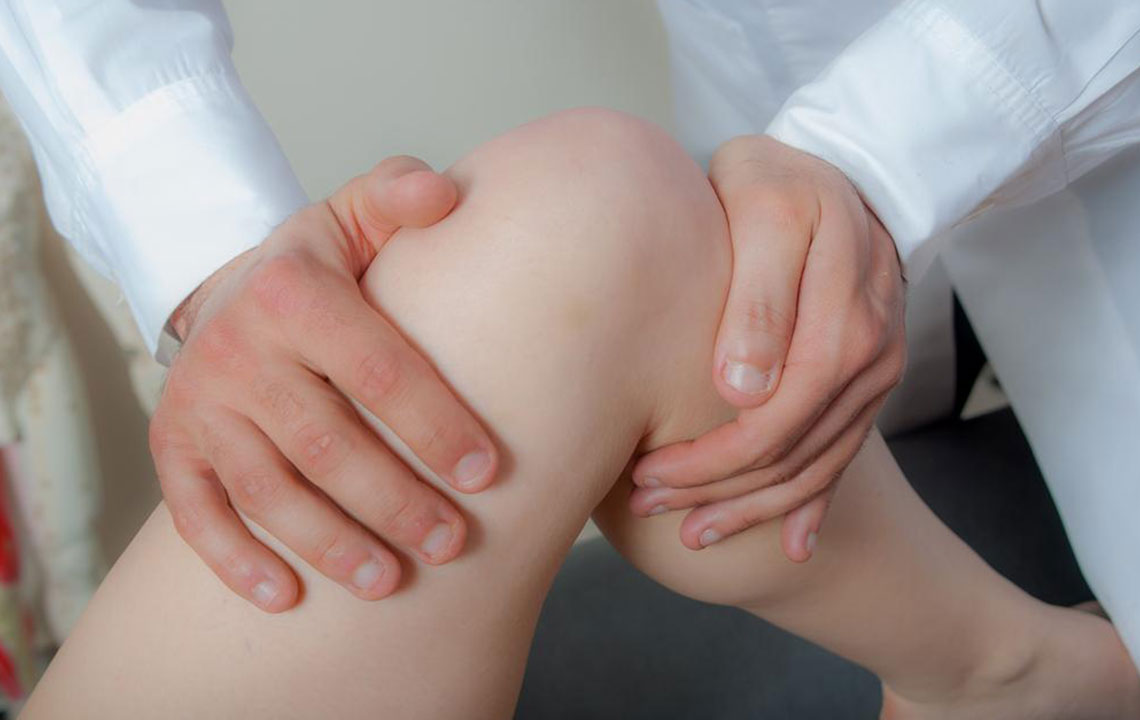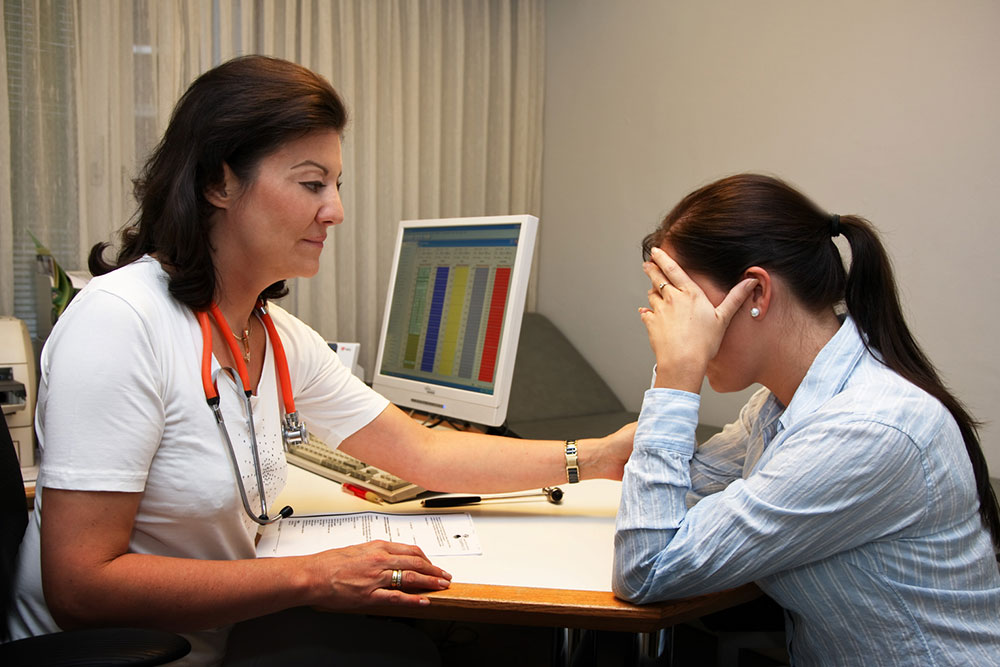Comprehensive Guide to Managing Ulcerative Colitis
This comprehensive guide outlines the management and treatment options for ulcerative colitis, including medications, lifestyle adjustments, and when surgical intervention may be necessary. It emphasizes the importance of ongoing medical consultation for effective disease control and relapse prevention.

Comprehensive Approach to Handling Ulcerative Colitis
Ulcerative colitis is an inflammatory condition affecting the large intestine’s lining, leading to ulcers and sores. Effective management typically involves medication and dietary adjustments. In severe cases, medication alone may not suffice, necessitating surgical intervention.
Children with colitis might require nutritional supplements to support normal growth, while some individuals experience spontaneous remission without treatment.
Medications for controlling ulcerative colitis include
Doctors recommend ongoing medication to maintain remission. Common treatments are:
– Antidiarrheal drugs
– Enemas containing medication
– Aminosalicylates that reduce intestinal inflammation and help sustain remission
– Steroids to manage active inflammation
Once inflammation is controlled, patients may continue aminosalicylates to keep the disease in check.
Additional treatment options encompass:
– Immunomodulators like cyclosporine to suppress immune response
– Biologic therapies that block inflammatory responses, effective when other medicines fail
– Surgery to remove the affected large intestine, usually reserved for severe complications like bleeding or toxic megacolon. However, surgery may not fully resolve all disease issues.
Hospital-based treatment for severe colitis
In cases of intense symptoms such as fever or anemia, or significant electrolyte loss from diarrhea, hospitalization may be essential. Patients receive fluids and electrolytes to restore balance.
After treatment or remission, regular medical follow-up is crucial—typically every six months—regardless of symptom stability.
Some individuals manage minor flare-ups independently, but if problems persist, consulting a doctor is advisable. Mild ulcerative colitis can often be controlled with medication and diet, while chronic cases might require hospitalization and possibly surgery.










